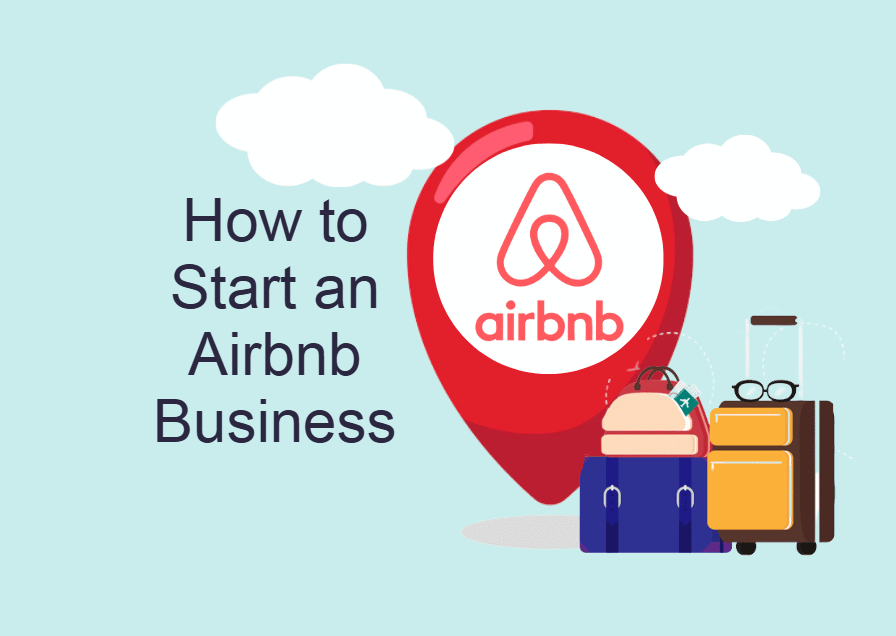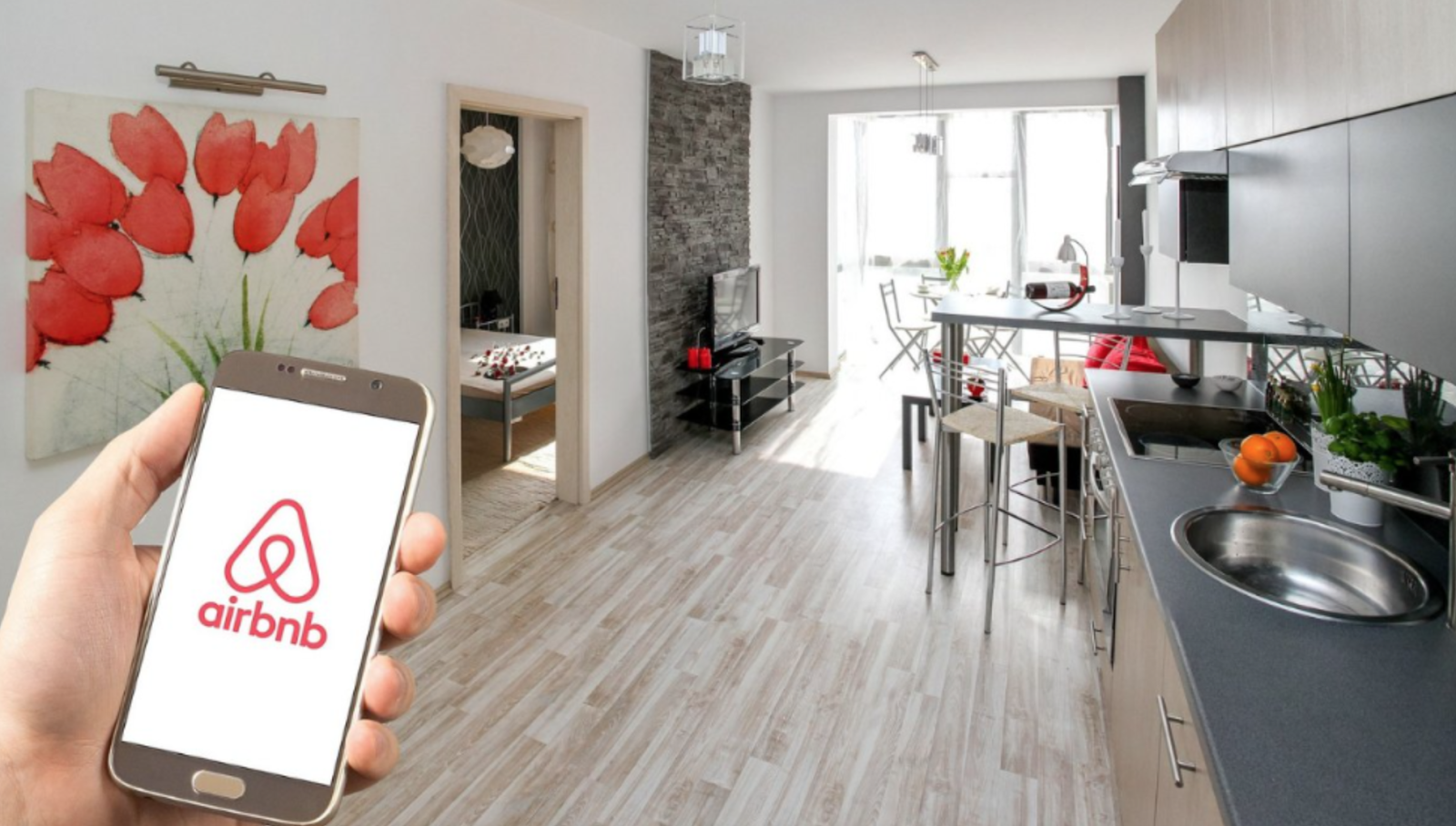|
The rise of the sharing economy has transformed how people travel, offering unique stays through platforms like Airbnb. Starting an Airbnb business can be a lucrative and rewarding venture if approached with the right strategies. Whether you're a homeowner looking to earn extra income or an entrepreneur aiming to manage multiple properties, this comprehensive guide will walk you through the steps to create a successful Airbnb business.
For a more detailed guide, check out How to Start an Airbnb Business: A Comprehensive Guide.
Why Start an Airbnb Business?
- High Potential for Profit: Airbnb can provide a steady stream of income, especially in high-demand areas.
- Flexibility: You can manage your listings full-time or as a side hustle.
- Control Over Your Schedule: Unlike traditional rental properties, you can choose when to list your property.
- Opportunities to Meet New People: Hosting on Airbnb can be a socially enriching experience.

Step-by-Step Guide to Starting an Airbnb Business
Step 1: Understand the Legal and Regulatory Requirements
- Research Local Laws: Regulations for short-term rentals vary by city and country. Ensure your property complies with local zoning and licensing requirements.
- Obtain Necessary Permits: Some areas require a short-term rental license or business registration.
- Pay Taxes: Understand your tax obligations as a host, including local occupancy taxes and income tax.
Step 2: Choose the Right Property
- Evaluate Location: Properties in tourist hotspots or near business hubs tend to perform well.
- Consider Property Size: Smaller properties are often easier to manage, while larger homes can attract families or groups.
- Think About Amenities: Features like Wi-Fi, parking, and fully equipped kitchens can set your property apart.
Step 3: Prepare Your Property
- Furnish the Space: Invest in comfortable, high-quality furniture and decor that appeals to your target audience.
- Provide Essentials: Stock your property with basic necessities such as toiletries, kitchen supplies, and fresh linens.
- Ensure Safety: Install smoke detectors, carbon monoxide alarms, and secure locks on doors and windows.
Step 4: Create an Outstanding Listing
- Take High-Quality Photos: Use natural light and show off your property’s best features. Consider hiring a professional photographer.
- Write an Engaging Description: Highlight unique aspects of your property and nearby attractions. Be concise but descriptive.
- Set Competitive Pricing: Research similar properties in your area and adjust your rates based on demand and seasonality.
Step 5: Market Your Listing
- Optimize for SEO: Use keywords like “cozy apartment in [location]” or “family-friendly home near [attraction].”
- Promote on Social Media: Share your listing on platforms like Instagram, Facebook, and Twitter to reach a broader audience.
- Encourage Reviews: Positive guest reviews are essential for building credibility and attracting future bookings.
Step 6: Deliver Exceptional Guest Experiences
- Communicate Effectively: Respond promptly to inquiries and provide clear instructions for check-in and check-out.
- Personalize the Stay: Welcome guests with thoughtful touches like a welcome note or a small gift.
- Address Issues Quickly: Resolve any problems efficiently to maintain high guest satisfaction.
Step 7: Manage Your Finances and Scale Your Business
- Track Expenses and Income: Use accounting software or hire a professional to manage your finances.
- Reinvest in Your Business: Upgrade your property or add new listings as your business grows.
- Automate Operations: Consider using property management software to streamline booking, cleaning, and communication.

Tips for Long-Term Success
- Stay Updated on Trends: Keep an eye on Airbnb trends and adapt your business to meet changing guest preferences.
- Focus on Sustainability: Implement eco-friendly practices, such as offering recycling bins and using energy-efficient appliances.
- Build a Brand: Create a unique identity for your Airbnb properties to attract repeat guests.
- Diversify Your Listings: Expand to different locations or offer themed accommodations to stand out.
Challenges to Consider
- Regulatory Changes: Stay informed about evolving laws to avoid penalties.
- Seasonality: Plan for fluctuations in demand by adjusting pricing and marketing efforts.
- Competition: Focus on providing a unique and high-quality experience to outshine competitors.
Why Airbnb is a Game-Changer
Airbnb has revolutionized the hospitality industry, making it easier for hosts to connect with travelers. By following these steps, you can establish a thriving Airbnb business and reap the benefits of this growing market.
|
